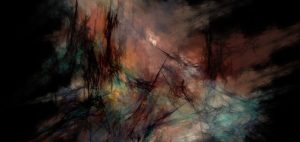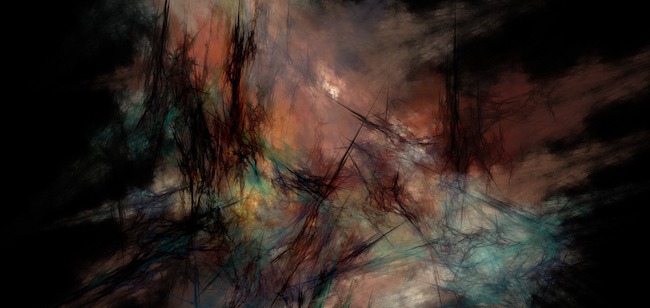
At the beginning of this week’s Torah reading Moshe is commanded by God to come to Pharaoh. The commentators of the Bible all deal with the strange verb used in this commandment. What does “bo” mean here – to come to Pharaoh? Should not a different verb such as approach or visit Pharaoh have been used? Since Hebrew is a very exact language, and as I have often mentioned, the opinion of the great Rabbi Elijah of Vilna is that there are no synonyms in the Torah. So, this word “bo” must carry with it a special significance, a nuanced insight that the Torah wishes to communicate to those who read and study its written word.
Among the many interpretations regarding this use of the word “bo,” I find it fascinating that many commentators say that the word does not really mean ‘to come,’ but means ‘to come into.’ Moshe is instructed to come into the psyche of Pharaoh, who has been afflicted with many plagues and yet remains stubborn and unyielding regarding freeing the Jewish people from bondage in Egypt. By understanding the psychology of Pharaoh, they will realize that Pharaoh’s behavior is illogical, unrealistic and self-destructive.
Pharaoh himself is vaguely aware that this is the case and every so often he offers to compromise with Moshe and grant some sort of temporary relief to the Jews from their bondage. Yet, at the end of the matter, Pharaoh remains obstinate and unwilling not only to free the Jews but unwilling to save himself and his nation from destruction.
By delving deeply into the psyche of Pharaoh, coming into him so to speak, Moshe realizes clearly that Pharaoh is no longer an independent agent given to make free and wise choices. Rather, he is now being controlled directly by heaven and it is heaven that has hardened his heart with hatred of the Jews, so that he can no longer even choose to save himself, as any rational human being would do.
Apparently, both in wickedness and goodness, when one has crossed the ultimate line, one’s powers to exercise wise choices become diminished and even disappear. The rabbis commented that both love and hate cause people to behave irrationally and out of character for self-preservation and personal honor.
When that point is reached, it becomes apparent then that heavenly guidance has entered the picture and governs even the ultimate freedom of choice ordinarily granted to human beings. This is one of the important lessons that Moshe will learn from his encounter with Pharaoh. It helps explain the behavior of tyrants and megalomaniacs who seem determined to burn their house down while still inside. It also helps explain why righteous people are capable of extraordinary acts of goodness and kindness even at the expense of all rational understanding.
By coming into Pharaoh, by understanding him and by realizing how unhinged he really is, Moshe concludes that there is no point in his negotiating with him further. The Lord has hardened his heart and the Lord will be the sole agent for the redemption of the Jewish people from Egyptian bondage.
Shabbat shalom
Rabbi Berel Wein


